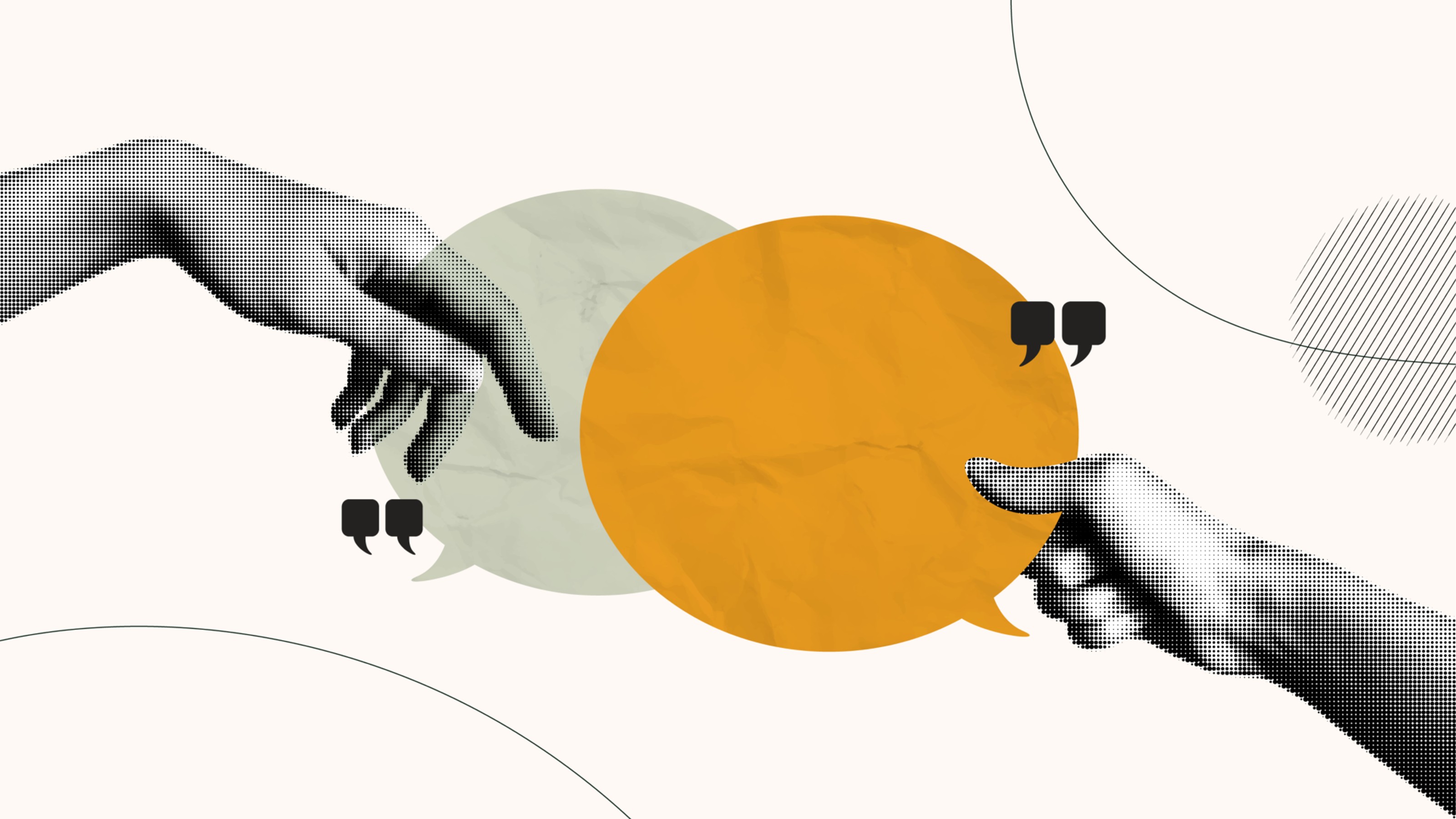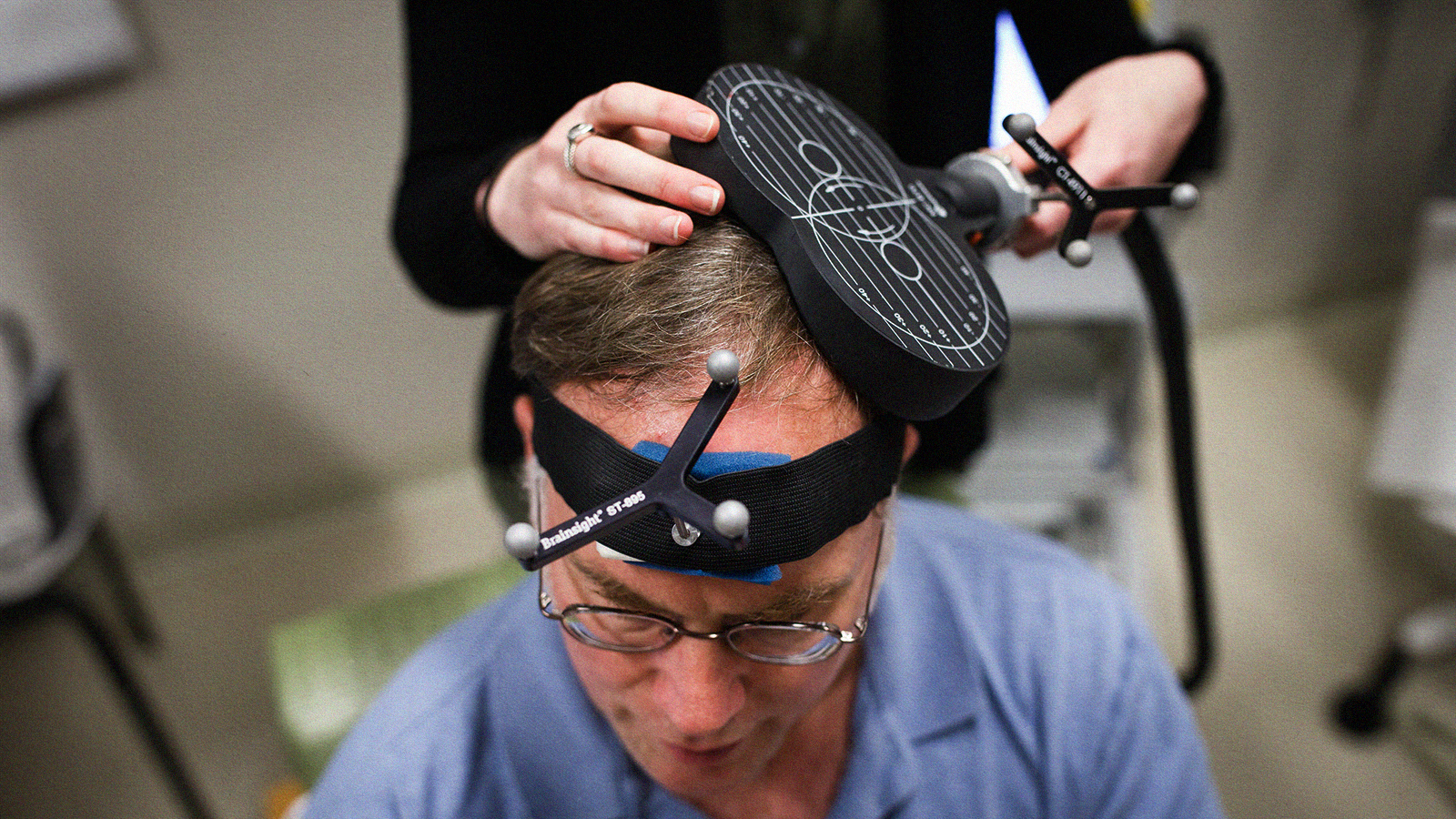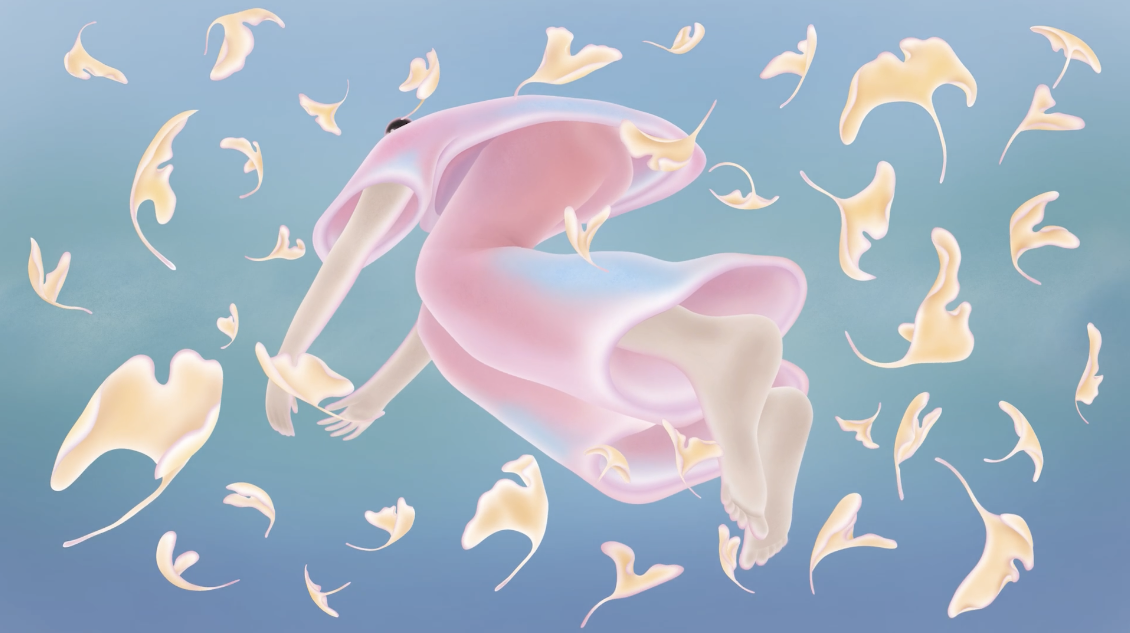Think Positive: Proven Tools for Lifting Out of a Bad Mood

It might seem in the midst of a bad mood that there’s not much you can do to change it. You feel lousy and the last happy moment you had is hardly at the forefront of your mind. But new research suggests that dwelling on a positive memory can help create feelings of contentment in the present moment, so it might be worth trying to dredge up those pleasant memories of your last trip to the beach.
More specifically, a group of researchers guided participants through an activity called the “social Broad Minded Affective Coping technique” or BMAC. The BMAC method encourages participants to focus on a positive image from a past social experience. According to the study, those who used the BMAC experience saw higher levels of relaxation and feelings of social safety when compared to the control group.
If this study sounds familiar, you might not be surprised to hear that it shares a lot of similarities with pop psychology books of today, such as Rick Hanson’s Hardwiring Happiness where Hanson discusses how savoring positive sensations and memories is a key to long-lasting calm and contentment. But, while the topic has been written on before, now there is more and more research reinforcing the connection between cultivating positivity and overall mood.
Another proven tool to lift out of a bad mood is the practice of repeating affirmations. Researchers from Carnegie Mellon University found that stress impairs our ability to solve problems. But when we tell ourselves affirmations, in this case thinking about something important to our values, we do much better at problem solving in high-pressure performance situations.
A third proven technique for changing mood from the blues to a brighter place is Mindfulness-Based Cognitive Therapy, or MBCT. MBCT is a group-based therapy method that helps participants change how they think and feel about experiences. Individuals who used the treatment were less likely than a control group to relapse into clinical depression when compared to the control group.
As with all studies, results are hard to generalize, and each individual should talk to his or her doctor about any mood issues they are experiencing. But there’s new research popping up all the time about what techniques are most promising when it comes to being just a little bit happier.





